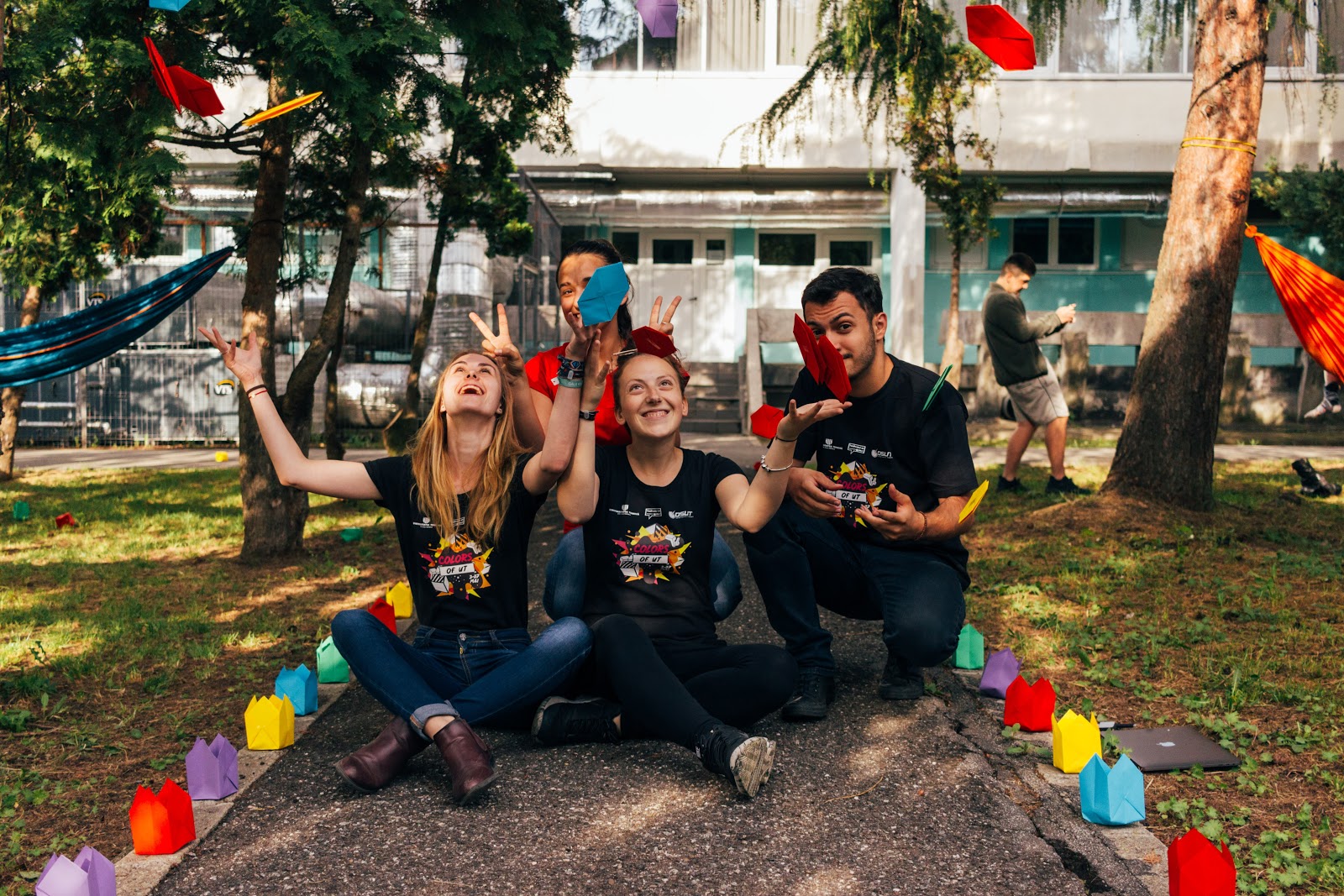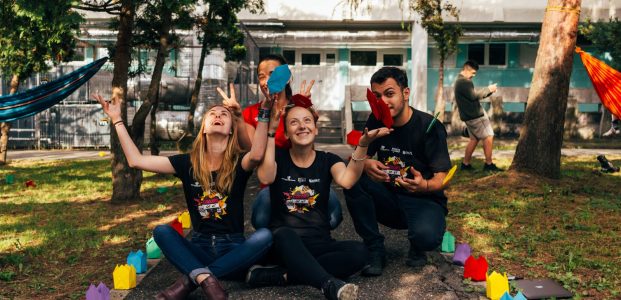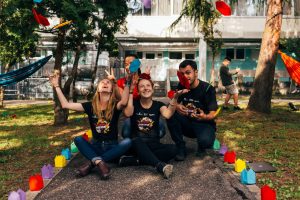1. What is the first things that comes to mind when reading the sentence ‘The Playful Voices of Academia’?
One of the first things that comes to mind is an approach to teaching and learning that is somehow different than a traditional approach or pedagogy – and of course a willingness to tell others and discuss that approach.
2. What does the word playful contribute with or change about learning, when you talk about playful learning?
Playful and play are notoriously hard to pin down, but I suppose that I first and foremost come to think of playfulness as an approach or a mindset we may adopt in regards a particular field or an activity – like teaching or learning. Playful and playfulness to me means approaching and doing things differently.
3. Is playful learning important in higher education? And how does it look?
Yes it is, if higher education values critical thinking and novel approaches, then playfulness and/or playful learning is one path to these phenomena. Playful learning – again for me – starts of by asking “what if?” instead of just repeating what we already know, “what is”. Playful learning may look like the summerschool courses I have been co-teaching for a number of years, where LEGOs, computers, cardboard cut-outs, colouring pencils, novel input devices etc. liter the tables and it looks utterly messy and chaotic – and it is – but guided guided way.
4. Should we strive to create a culture for more playful academia? Why? And what would it require to be feasible?
We should strive to also create a culture for more playful academia, not just playful, but also playful. Playfulness is one amongst several paths to learning and engaging with new knowledge asking new questions and doing things differently. Whether or not it it is the appropriate path in a particular teaching situation depends on many things, but the core question of “what if?” that playfulness and being playful can engage with is certainly a key one.
5. What would YOU like to ask or read more about in relation to play, playfulness & academia (max 280 characters including spaces)?
I would like to read more about how others have experimented with play and playfulness in their teaching – simple, hands-on exercises that have yielded positive, surprising or even devastating results.
 I am an Associate Professor at the School of Communication and Culture at Aarhus University. My research is centred around digital media and popular culture, with a particular focus on fan culture, digital games, transmedia storytelling and gender studies.
I am an Associate Professor at the School of Communication and Culture at Aarhus University. My research is centred around digital media and popular culture, with a particular focus on fan culture, digital games, transmedia storytelling and gender studies.
Keep the playful conversation going with him on Twitter:







